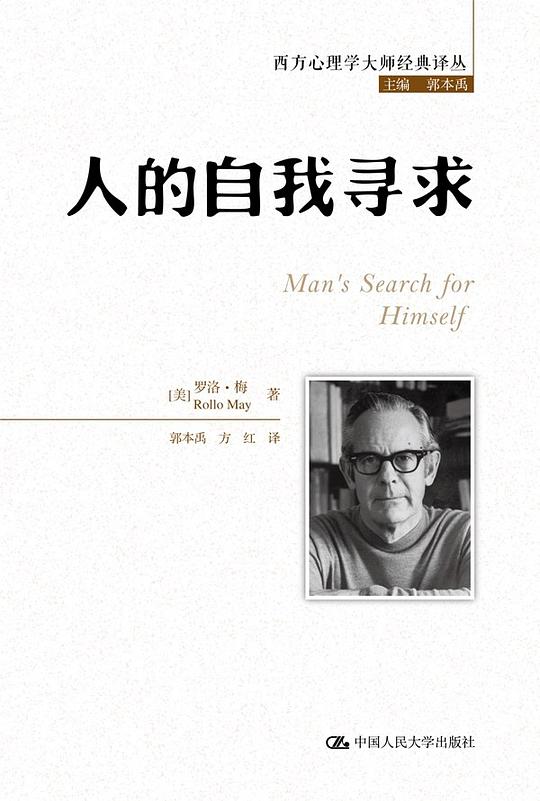
《人的自我寻求》"追求自我:探索个人自我寻求的旅程"
书名:人的自我寻求
1
0

电车之狼 2023-05-21 12:21:42
Albert Camus once said that individuals spend their entire lives defining themselves, but if they truly understand themselves completely, it is as if they are dead. The latter half of the sentence may seem negative at first, but upon closer examination, Camus may have meant that if we fully understand ourselves, we possess the courage to face death.
I am unsure if the feelings of loneliness, anxiety, and emptiness still prevail in this era, but personally, I often experience intense feelings of hollowness and confusion when waking up at dusk or in the middle of the night. I feel an invisible force propelling me, and no matter how hard I struggle, I am unable to break free. During such moments, my heart feels as though it is snowing, and I am like a cup of spilled water, unsure of who I am and where I am headed.
If you also feel like this, I suggest you read this book, which is a prescription for modern-day mental disorders by the father of existential psychology, Rollo May.
Rather than blaming our problems on the current era we live in, we should sign a peace treaty with ourselves and establish our own rules and regulations in our pursuit of freedom, responsibility, courage, love, and inner wholeness.
I really like Camus words, "I will try to extend the moment of facing oneself as far as possible, even if it comes at the price of unbearable loneliness. Do not retreat, do not compromise, and do not betray."
Below is a revised framework of the book for reference:
I. Modern-day mental problems: emptiness, loneliness, and anxiety - Emptiness: Being driven by societal expectations, lacking a clear understanding of ones desires and feelings. This can cause mental depletion and subjugation to authoritarianism. - Loneliness: Feeling isolated, alienated, and disconnected from self-awareness. Fear of loneliness may impede constructive personal growth by seeking warmth and security in groups and hindering independent development. - Anxiety: A feeling of being trapped, overwhelmed, and directionless. Anxiety can affect the individuals core support and cause loss of power, flexibility, and perception.
II. The root of confusion: the loss of core values and self-awareness - Loss of core values: Western societys values and goals are in transition. The century-old value system and goals emphasized competitiveness and overlooked love and rationality, uniting several guiding values towards total separation. The present lacks convincing values or goals that help individuals overcome confusion, suffering, and anxiety. - Loss of self-awareness: Technology and inventions have created a machine-like perspective on humans, leading to a loss of dignity and meaning. Power and value have shifted from action to external acceptance, creating a performer-like mentality. This mentality favors determinative power (groups, public opinion, and authority) instead of self-awareness.
III. How to resolve problems: rediscovering self-awareness and integrating psychological goals - Step 1: Rediscovering self-awareness Improper parenting (overindulgence, neglect, authoritarian parenting, overly anxious parents) can hinder self-awareness or prevent individuals from gaining this experience by developing unique strength and potential within their consciousness. To overcome developmental deficiencies, individuals must learn to plan and choose actively within their consciousness and find their internal unique forces to realize their potential. Basic steps: 1. Learn to actively, directly, and immediately experience emotions. 2. Regain awareness of ones body. 3. Correct perspective on illnesses. 4. Learning to acknowledge and contact the subconscious.
- Step 2: Integration of psychological goals Our psychological goals are freedom, responsibility, courage, love, and inner wholeness. Nobody fully grasps these traits yet, but they are our psychological goals that give meaning to our journey towards integration.
Freedom: The ability of individuals to work on and shape themselves. You will inevitably encounter problems, but what is important is that you have to understand your raw materials and accept their limitations. "The style and form of the house you build are a product of your freedom, which was created using a specific set of materials... Accepting limitations is also a kind of freedom, choosing to ensure that the choice of action is more creative."
Values: Deeply recognize the current era and accept oneself and society. Face history bravely and discover core values. "We must accept ourselves and the society we live in and discover our core values through a deeper understanding of ourselves and a brave confrontation with our historical situation."
Courage: The quality of dealing with anxiety and loneliness proactively. Seeking help for neurotic anxiety and loneliness is a virtue, and linking personal self with individual potential is a key to calm external threats. Courage comes from victories won through day-to-day warfare within oneself; conviction is the key. "Vanity and narcissism are the biggest enemies of courage because they represent action that aims to please others. The key step towards bravery is providing help to people and helping them to develop their own abilities, and most importantly, to make them realize that they are loved because they are independent individuals with unique abilities and values."
Transcend Time: People fear time because repetition and monotony bring boredom, emptiness, and hollowness. People generally avoid and mask these feelings by numbing themselves or escaping. Living within the present and recognizing ones conscious moments is a constructive response to solve this issue. Using existence to transcend time, and as long as an individuals action is derived from their essential nature, it is "under the form of eternity."
相关推荐
萤火谷的梦想家
艾莉森•麦吉出生于1960年,是美国《纽约时报》畅销书作家,同时也是大都会州立大学创意写作课的教授。她的作品被翻译成20多种语言并出版,也曾被提名普利策奖,并获得苏斯博士奖金奖、克里斯托弗图书奖、美国 [美]艾莉森•麦吉/[美]克里斯托弗•丹尼斯/绘 2023-03-27 16:50:25鬼马女神捕1·绝密卧底(上)
腹黑凤凰vs毒舌鸡妖——蓝翎:“小姬,跟我去人界吧!”姬十四:“干吗?让人宰了我做小鸡炖蘑菇吗?”蓝翎:“不啊,让妖怪宰了你做小鸡炖蘑菇更气派。”凤凰蓝翎和鸡妖姬十四生活在无忧无虑的灵界。他们的故乡叫 郝天晓 2023-04-17 00:22:47© 2023-2025 百科书库. All Rights Reserved.


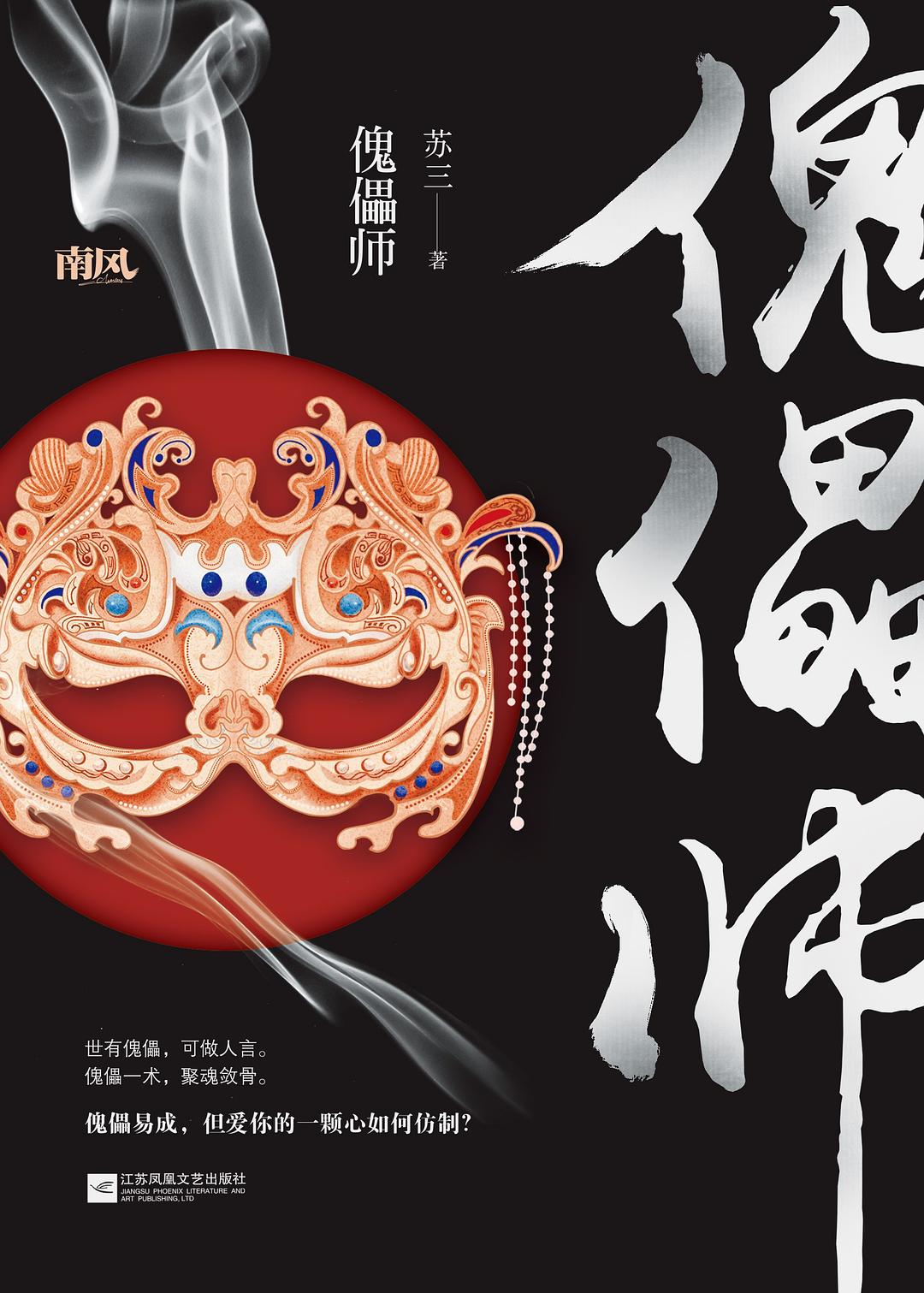



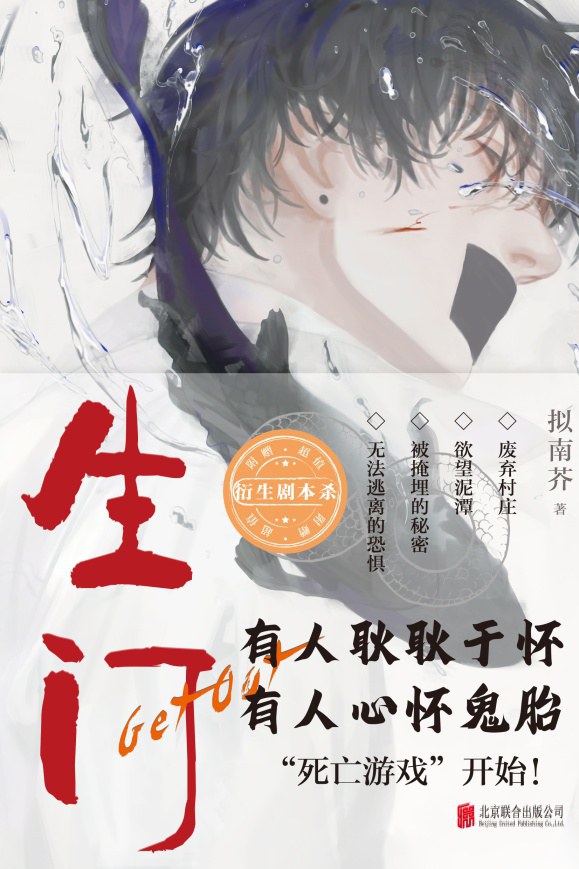



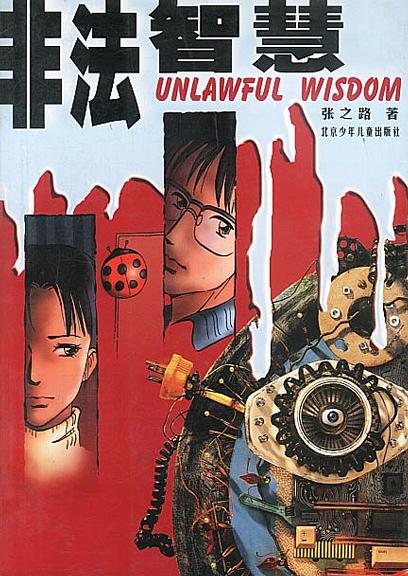
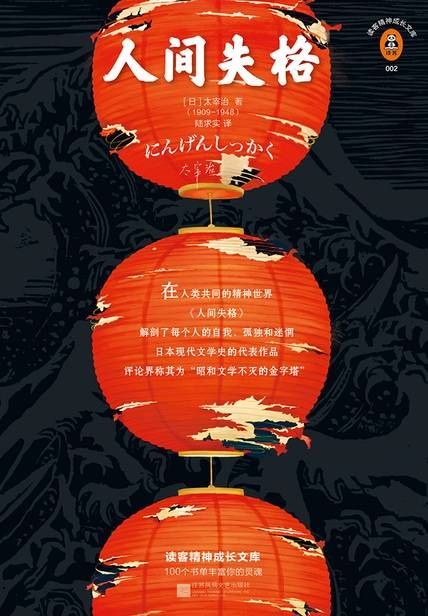
发表评价